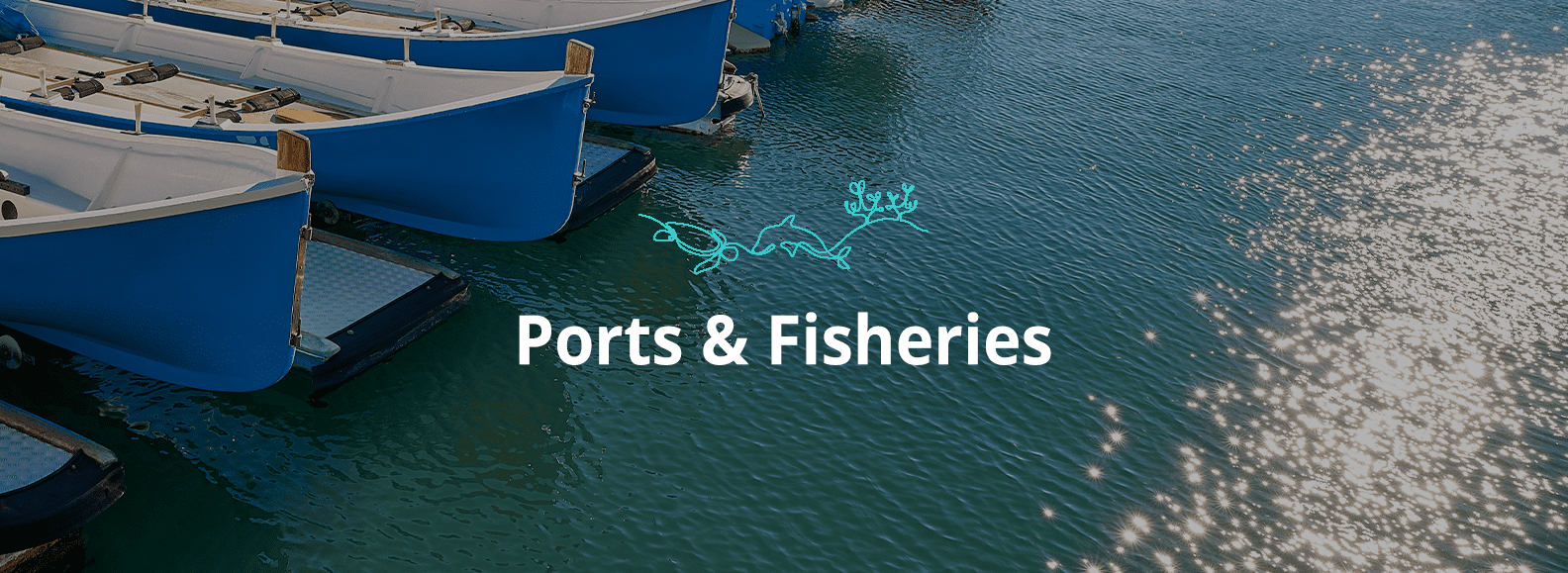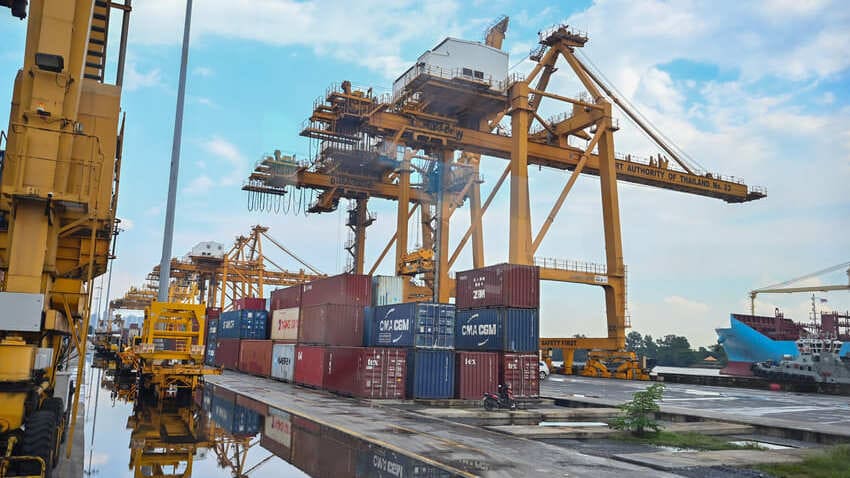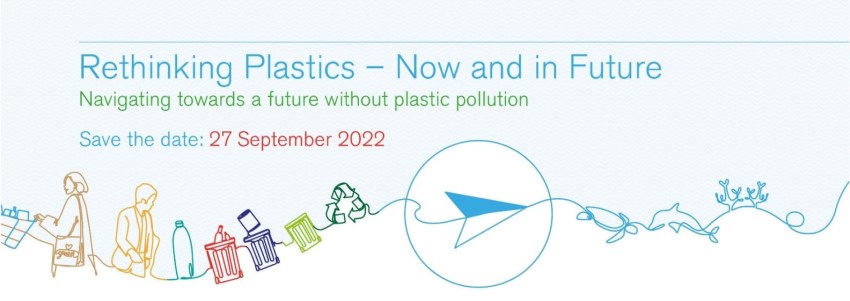Reducing Marine Litter from Sea-Based Sources
It is essential that ships and fishing vessels bring their operational waste and gear back to land instead of dumping it illegally into the sea, where it affects the marine environment.
Improved waste management regulations and services in ports, for example port reception facilities and transparent cost recovery structures, as well as information and training of staff and ships can make a difference to reduce marine litter from such sea-based sources.
The fishing communities also play a significant role: Often, fishers catch plastic waste while working at the sea. So called Fishing for Litter approaches encourage the fishing communities to collect and discharge this waste on land instead of in the ocean. This works through incentives, connection to recyclers and providing information on marine protection. ‘Rethinking Plastics’ cooperates with various partners on identifying good practices and finding new solutions for Fishing for Litter as well as for Port Waste Management and draws upon European experiences.
Projects

Ship Waste Management 2.0
Illegal discharge from shipping and other maritime activities pollutes the marine environment. But it’s not only marine animals and plants that suffer – ultimately, people also feel the effects.

Improving Ship Waste Management in Philippine Ports
Waste from ships accounts for 20% of plastic litter in the ocean. But it’s not only plastic that gets disposed of at sea: ships often dump some of the oil, sewage and hazardous materials that they generate and transport.












